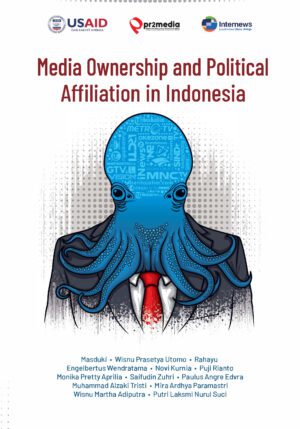In Indonesia, the landscape of media ownership is intertwined with political affiliation, especially as the media becomes a tool for political influence. Key conglomerates such as MNC Group and Media Group dominate both conventional and digital platforms, and their owners often have direct ties to political parties and figures. This relationship affects not only content production but also public opinion, as seen in national elections where media outlets are leveraged for political campaigning. Understanding these affiliations is crucial for anyone looking to explore how media power impacts Indonesia’s democratic processes.
With Indonesia’s 2024 elections approaching, the role of media conglomerates is under heightened scrutiny. Owners of prominent media outlets are often active participants in politics, shaping election coverage to support their own agendas. For example, MNC Group’s owner, Hary Tanoesoedibjo, simultaneously serves as the leader of the Perindo Party, showing how intertwined media and political power can be. This kind of influence has significant implications for the fairness of electoral campaigns, as well as the diversity of political opinions represented in the media.
As Indonesia’s media landscape continues to digitalize, concerns about media pluralism grow. The increasing concentration of media ownership threatens the diversity of voices and opinions, both in traditional media and online platforms. Scholars argue that media conglomerates, which often hold monopolistic control over content, reduce the variety of perspectives available to the public. This is particularly relevant in the context of Indonesia’s democratic evolution, where the public depends on a free and independent press to make informed electoral choices.
